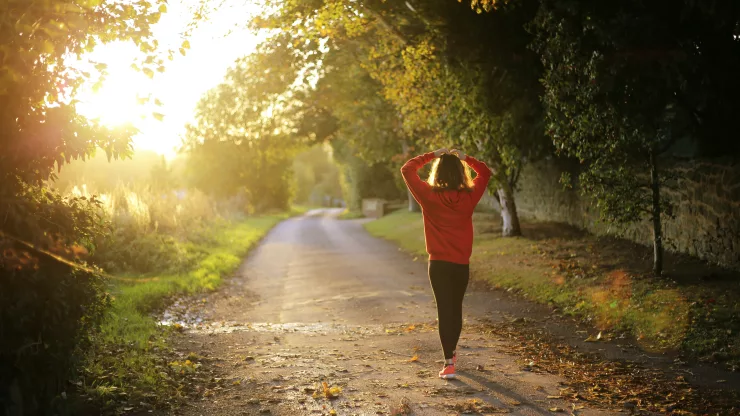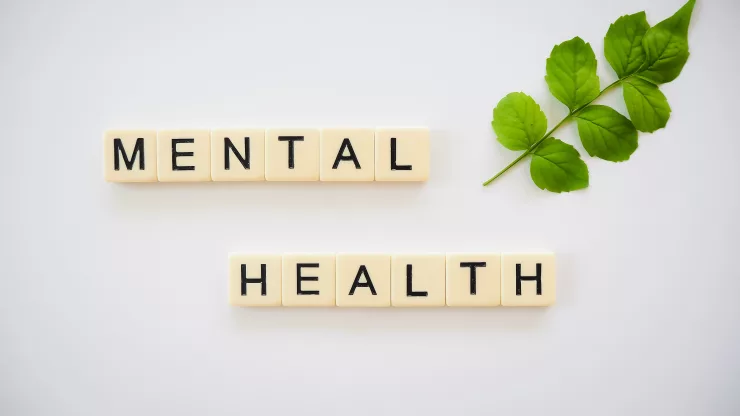PTSD: Strategies for Increasing Happiness and Well-being Despite the Struggle
Jump to Section
INTRO:
Post-Traumatic Stress Disorder (PTSD) is a mental health condition that can develop after experiencing or witnessing a traumatic event.
It can lead to symptoms such as anxiety, depression, flashbacks, and nightmares that can significantly impact an individual’s happiness and well-being.
However, with the right strategies, it is possible to increase happiness and well-being despite the struggle of living with PTSD.
Understanding PTSD and its Impact on Happiness
PTSD can significantly impact an individual’s happiness and well-being. It can lead to feelings of hopelessness, isolation, and fear.
Individuals with PTSD may have difficulty enjoying life and may avoid certain situations or activities that trigger their symptoms.
It is essential to understand the impact of PTSD on happiness and well-being to develop effective strategies to improve them.
Coping Strategies for PTSD Symptoms
Coping strategies can help individuals with PTSD manage their symptoms and improve their overall well-being. Some effective coping strategies include:
- Cognitive-behavioral therapy (CBT)
- Exposure therapy
- Eye movement desensitization and reprocessing (EMDR)
- Medication
- Exercise
- Relaxation techniques such as deep breathing and progressive muscle relaxation
Building Resilience and Positive Coping Skills
Building resilience and positive coping skills is essential for individuals with PTSD.
Resilience can help individuals bounce back from difficult situations and cope with stress better.
Some ways to build resilience and positive coping skills include:
- Practicing self-care
- Setting realistic goals
- Maintaining a positive outlook
- Developing a strong support system
- Engaging in activities that bring joy and happiness
Mindfulness and Meditation Techniques for PTSD
Mindfulness and meditation techniques can help individuals with PTSD manage their symptoms and improve their overall well-being.
These techniques involve paying attention to the present moment and accepting thoughts and feelings without judgment.
Some mindfulness and meditation techniques that may be helpful for individuals with PTSD include:
- Mindful breathing
- Body scan meditation
- Loving-kindness meditation
- Mindful walking
- Yoga
The Importance of Social Support and Connection
Social support and connection are vital for individuals with PTSD. A strong support system can provide emotional support, practical assistance, and a sense of belonging.
Some ways to build social support and connection include:
- Joining a support group
- Participating in community activities
- Reaching out to friends and family
- Volunteering
Embracing Positivity: Tips for Increasing Joy and Gratitude
Embracing positivity can help individuals with PTSD increase their happiness and well-being. Some tips for increasing joy and gratitude include:
- Practicing gratitude
- Engaging in activities that bring joy and happiness
- Surrounding yourself with positive people
- Focusing on the present moment
- Celebrating small victories
FAQ
What are the common causes of PTSD?
PTSD can develop after experiencing or witnessing a traumatic event such as a natural disaster, serious accident, physical or sexual assault, or military combat.
Can PTSD be cured?
While there is no cure for PTSD, it can be effectively managed with treatment and coping strategies. With the right support and resources, individuals with PTSD can lead fulfilling and meaningful lives.
How long does it take to recover from PTSD?
Recovery from PTSD varies from person to person and can take weeks, months, or even years. With effective treatment and coping strategies, individuals with PTSD can learn to manage their symptoms and improve their well-being.
Is it possible to develop PTSD from a non-traumatic event?
PTSD is typically associated with traumatic events. However, it is possible to develop PTSD from a non-traumatic event such as a sudden and unexpected loss of a loved one or a significant life change.
Can PTSD go away on its own?
PTSD does not typically go away on its own. It is essential to seek treatment and support to manage symptoms and improve overall well-being.
Living with PTSD can be challenging, but it is possible to increase happiness and well-being despite the struggle.
By understanding PTSD and its impact on happiness, developing effective coping strategies, building resilience and positive coping skills, practicing mindfulness and meditation techniques, building social support and connection, and embracing positivity, individuals with PTSD can lead fulfilling and meaningful lives.
Remember, recovery is possible with the right support and resources.

With a deep passion for personal development, Ben has dedicated his career to inspiring and guiding others on their journey towards self-improvement.
His love for learning and sharing knowledge about personal growth strategies, mindfulness, and goal-setting principles has led him to create My Virtual Life Coach.
Contact Ben at [email protected] for assistance.




